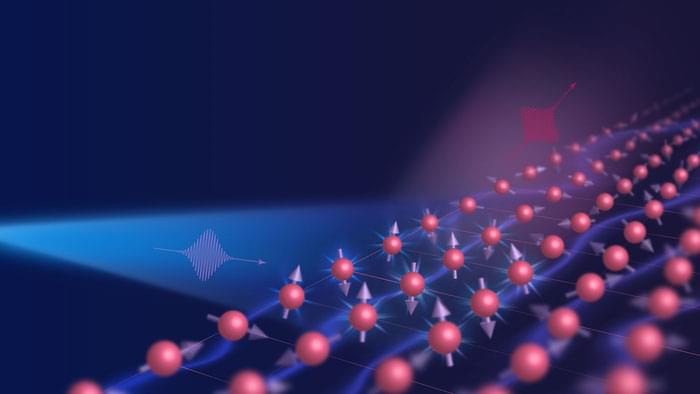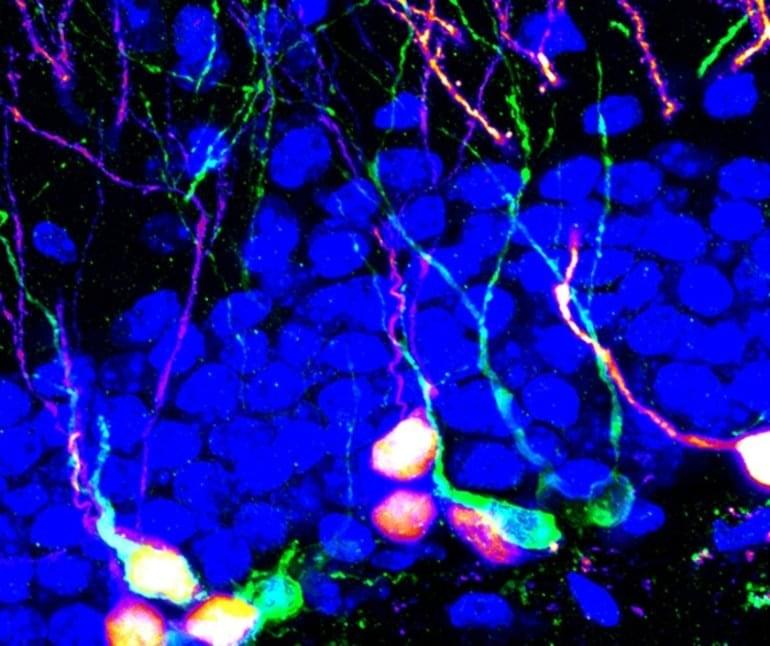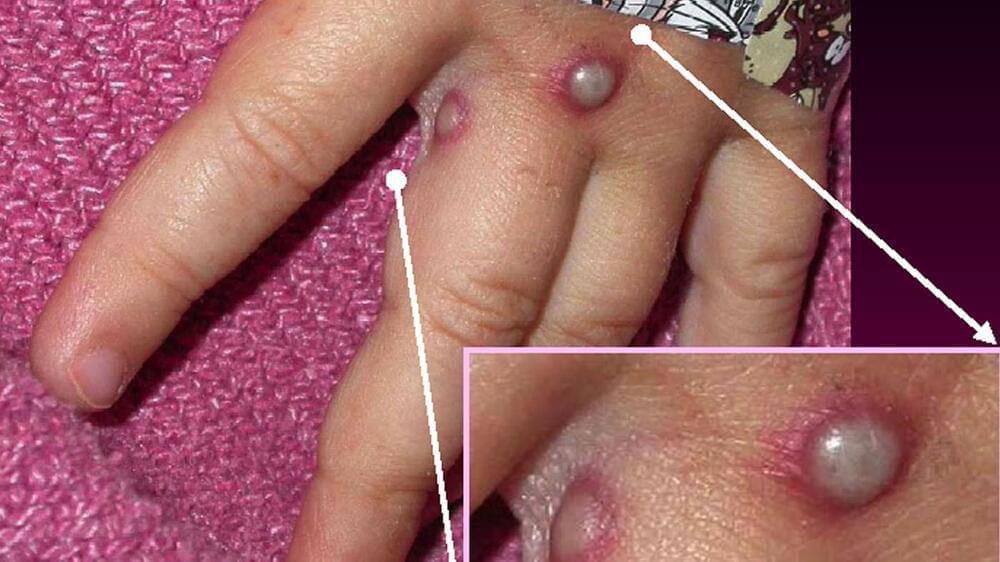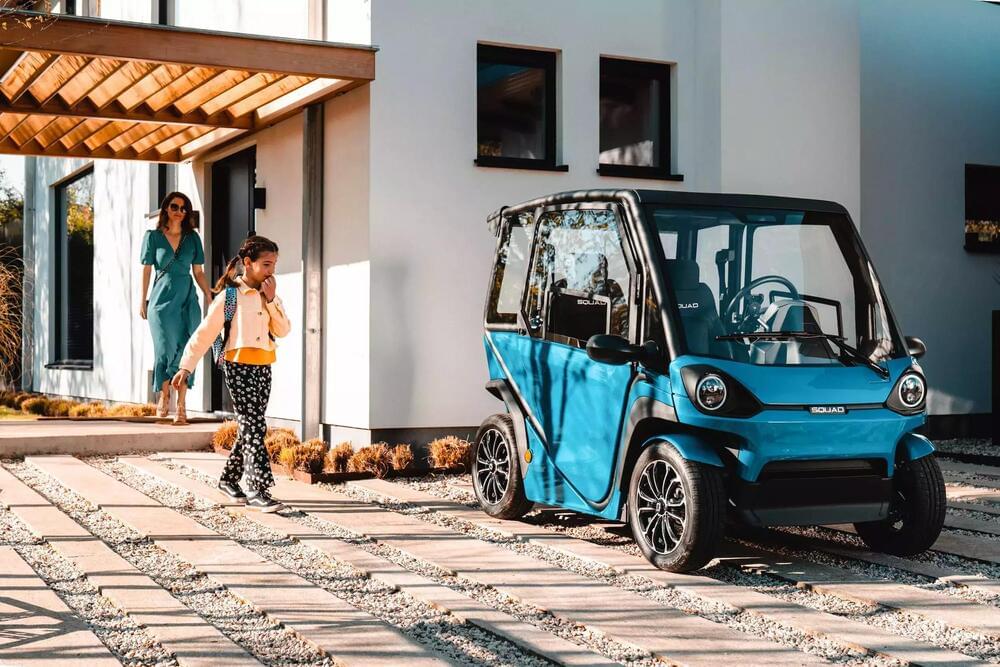Researchers from PSI’s Spectroscopy of Quantum Materials group together with scientists from Beijing Normal University have solved a puzzle at the forefront of research into iron-based superconductors: the origin of FeSe’s electronic nematicity. Using Resonant inelastic X-ray scattering (RIXS) at the Swiss Light Source (SLS), they discovered that, surprisingly, this electronic phenomenon is primarily spin driven.
Electronic nematicity is believed to be an important ingredient in high-temperature superconductivity, but whether it helps or hinders it is still unknown.
Their findings are published in Nature Physics (“Spin-excitation anisotropy in the nematic state of detwinned FeSe”).





